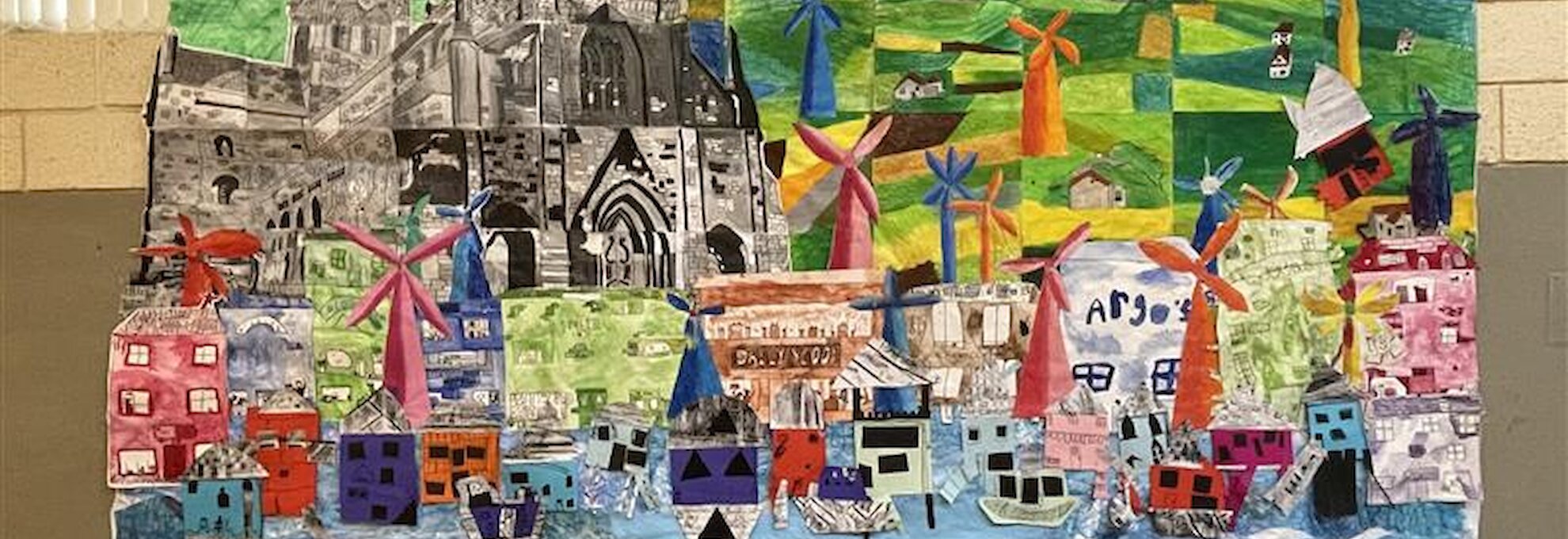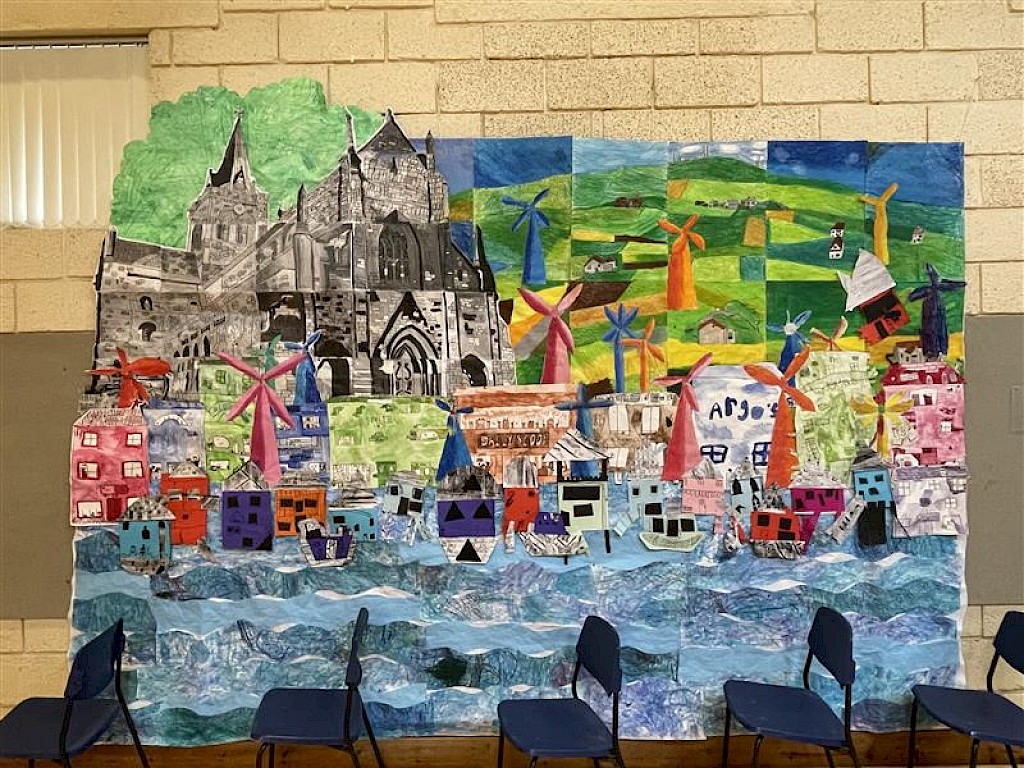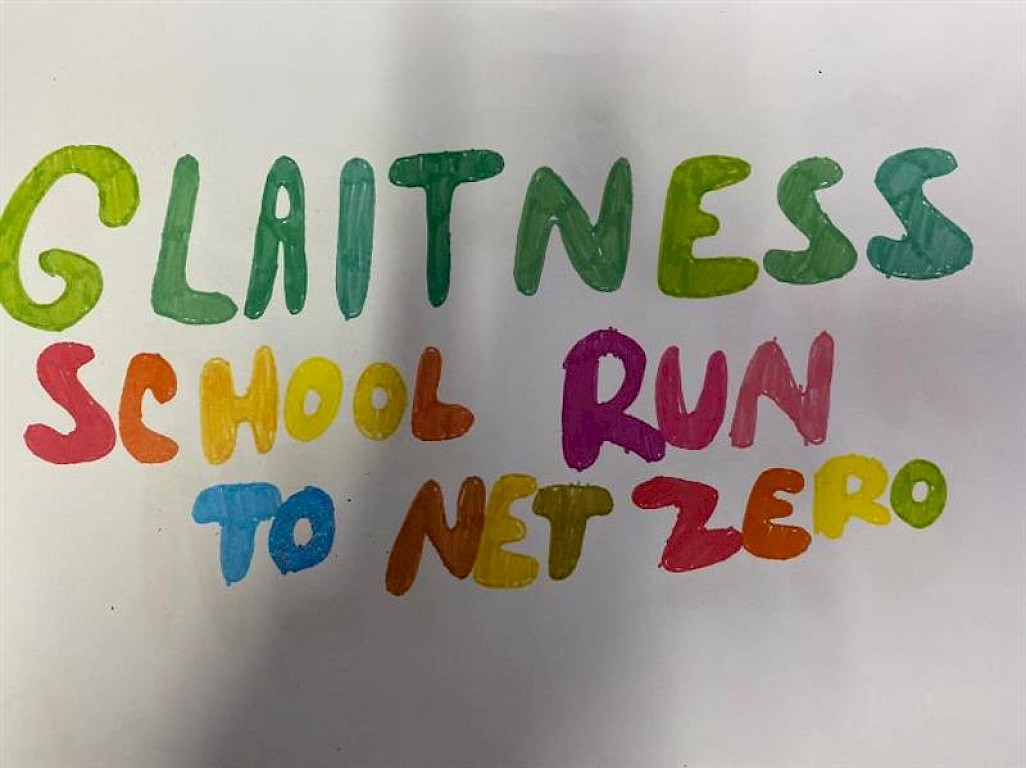Transition Engineering is about sparking a transformative event that challenges existing norms which are working but are unsustainable. These challenges are referred to in Transition Engineering as Wicked Problems.
ICNZ faced such a wicked problem when 300 students from Glaitness Primary School, Orkney, voiced concerns about climate change, prompting collaboration with ICNZ partner Heriot-Watt University's Transition Engineering team.
The prevalent use of private cars for school transportation, despite its safety and comfort, poses sustainability issues. Recognising this, Heriot-Watt and the school community engaged in an action-research lab to achieve net-zero emissions. However, transitioning from car-dependent systems requires complex changes in infrastructure, behaviour, and culture.
Involving all stakeholders, particularly students, was crucial. They contributed ideas and data, leading to planned experiments and actions to reduce carbon footprints. Through this process, students not only learned about climate change but also about exploration, local history and geography, developing a sense of empowerment to walk or cycle to school safely.
The success of this initiative at Glaitness Primary serves as a model for ICNZ's broader goal of implementing similar action-research programs across Scotland. Through the Transition Labs methodology to integrate engineering and social science approaches, such programmes aim to empower communities to address wicked problems and transition towards agreed Net Zero actions.
For more information on Transition Engineering or the School Run to Net Zero project please contact [email protected]




